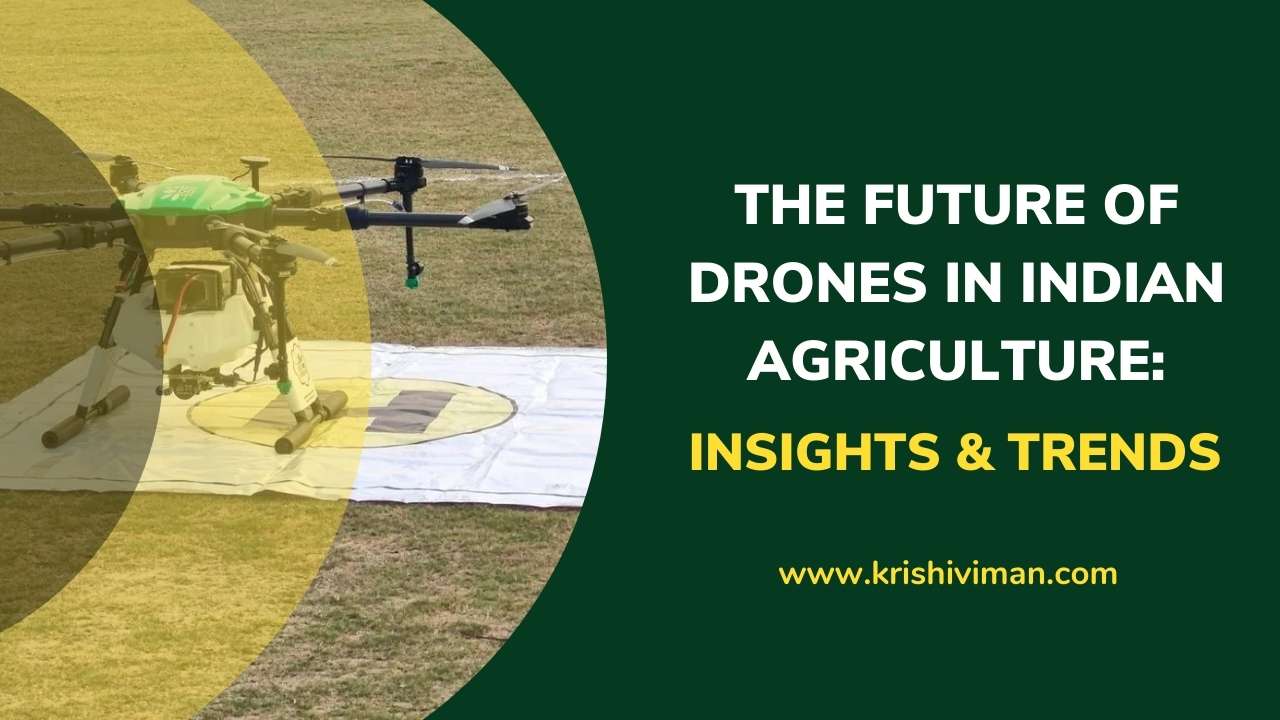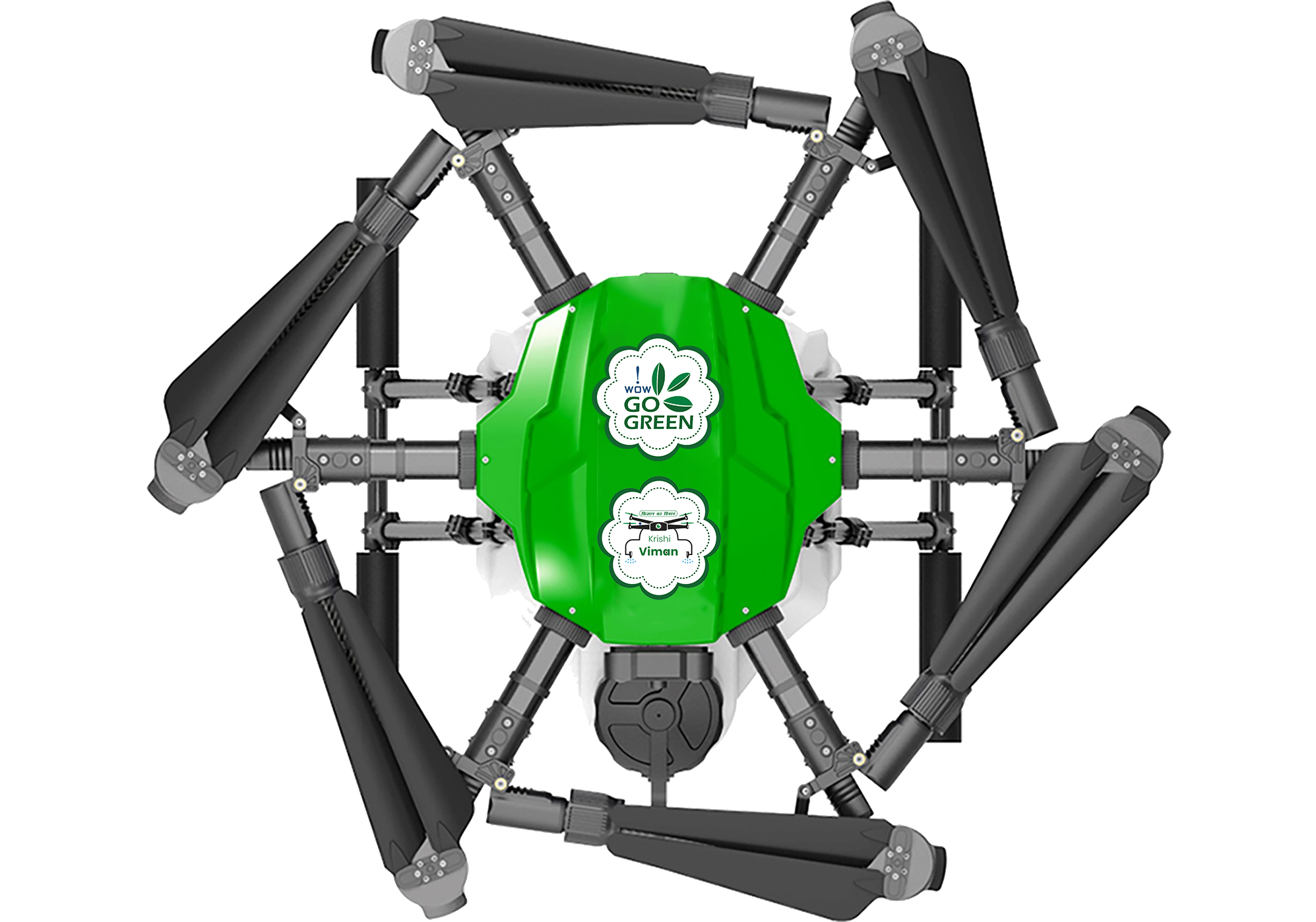The Future of Farming: How Agricultural Drones Are Revolutionizing Agriculture
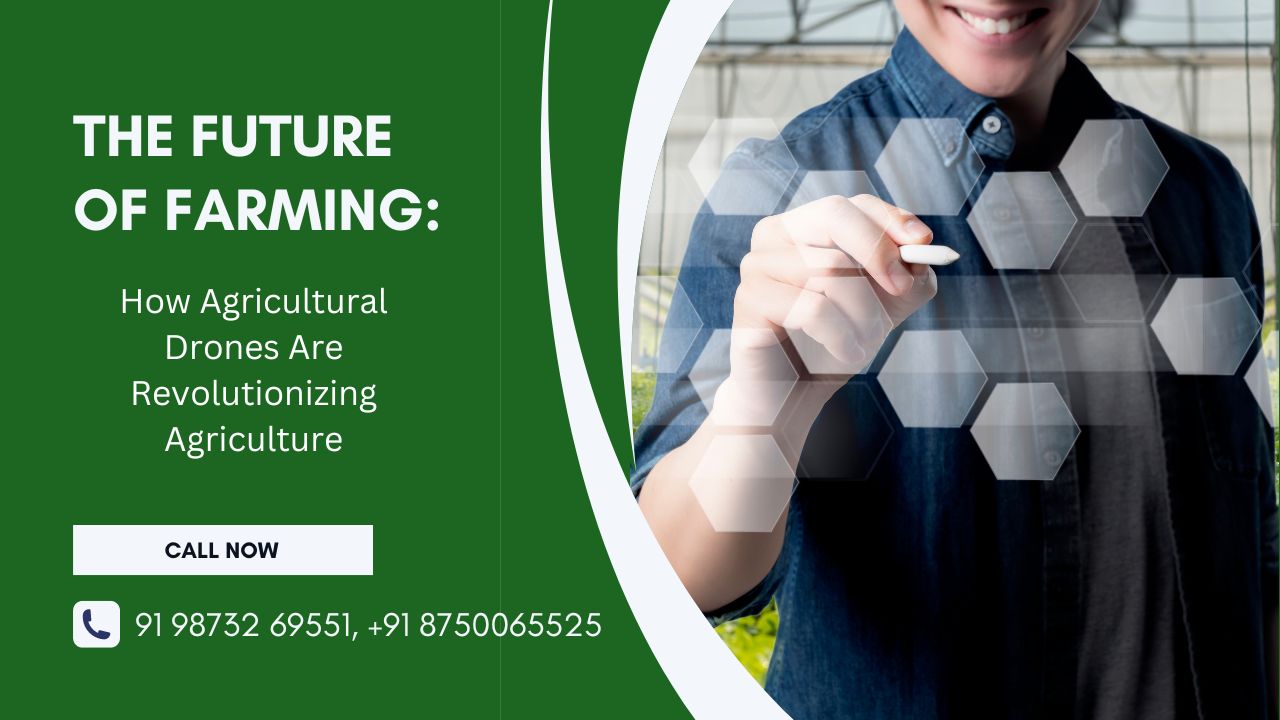
- By: krishiviman /
- 21-03-2024
In recent years, the agricultural industry has witnessed a remarkable transformation driven by technological advancements. Among these innovations, agricultural drones have emerged as a game-changer, revolutionizing traditional farming practices.
Enhanced Precision Farming:
One of the most significant benefits of agricultural drones is their ability to enable precision farming. Equipped with advanced sensors and imaging technologies such as multispectral and thermal cameras, drones can collect high-resolution data about crops, soil conditions, and environmental factors. This data allows farmers to make informed decisions regarding irrigation, fertilization, pest control, and crop health monitoring with unprecedented accuracy.
Optimized Crop Management:
Agricultural drones empower farmers to monitor their crops more effectively and optimize their management practices. By conducting aerial surveys, drones can detect early signs of crop stress, disease outbreaks, or nutrient deficiencies, allowing farmers to take timely corrective actions. This proactive approach not only improves crop yields but also reduces the need for chemical inputs, promoting sustainable farming practices.
Efficient Field Mapping and Analysis:
Traditional methods of field mapping and analysis can be time-consuming and labor-intensive. Agricultural drones offer a more efficient alternative by autonomously capturing detailed aerial imagery of fields. This imagery can then be processed using specialized software to generate accurate maps, including vegetation indices, elevation models, and drainage patterns. Such data-driven insights enable farmers to plan and manage their fields more effectively, leading to optimized resource allocation and increased productivity.
Precise Crop Spraying:
Crop spraying is a crucial aspect of modern agriculture, but conventional methods often result in uneven application and wastage of chemicals. Agricultural drones equipped with precision spraying systems address these challenges by delivering targeted treatments directly to crops. By adjusting spray rates and patterns based on real-time data, drones ensure uniform coverage while minimizing environmental impact. This precision spraying not only reduces chemical usage but also enhances the effectiveness of pest and disease control measures.
Time and Cost Savings:
In addition to improving agricultural practices, drones offer significant time and cost savings for farmers. Compared to traditional methods such as manual scouting or aerial surveys using manned aircraft, drones are more affordable and can cover larger areas in less time. By automating repetitive tasks and providing actionable insights, drones enable farmers to allocate their resources more efficiently and focus on strategic decision-making.
Conclusion:
As the agricultural industry continues to evolve, the adoption of technology will play a crucial role in driving efficiency, sustainability, and profitability. Agricultural drones represent a paradigm shift in farming practices, offering unprecedented capabilities for precision agriculture. By harnessing the power of drones, farmers can optimize their operations, maximize yields, and contribute to a more sustainable future for agriculture.
In conclusion, the future of farming is undeniably intertwined with the rise of agricultural drones, and their transformative impact will continue to reshape the agricultural landscape for years to come.
Ready to revolutionize your farming practices with agricultural drones? Contact us today at +91 98732 69551 or +91 8750065525, or email us at sales@krishiviman.com to learn how Krishiviman can help elevate your agricultural operations.
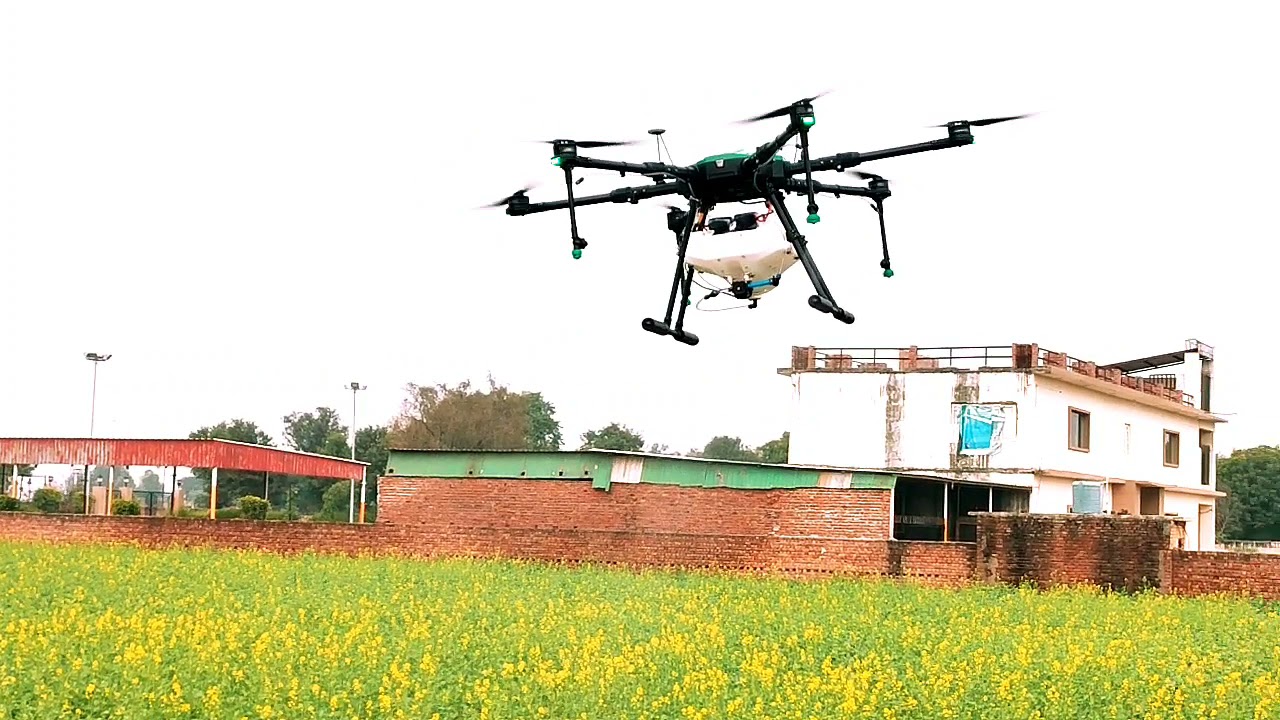
Revolutionizing Indian Agriculture: The Emergence of Drone Technology in Farming Practices
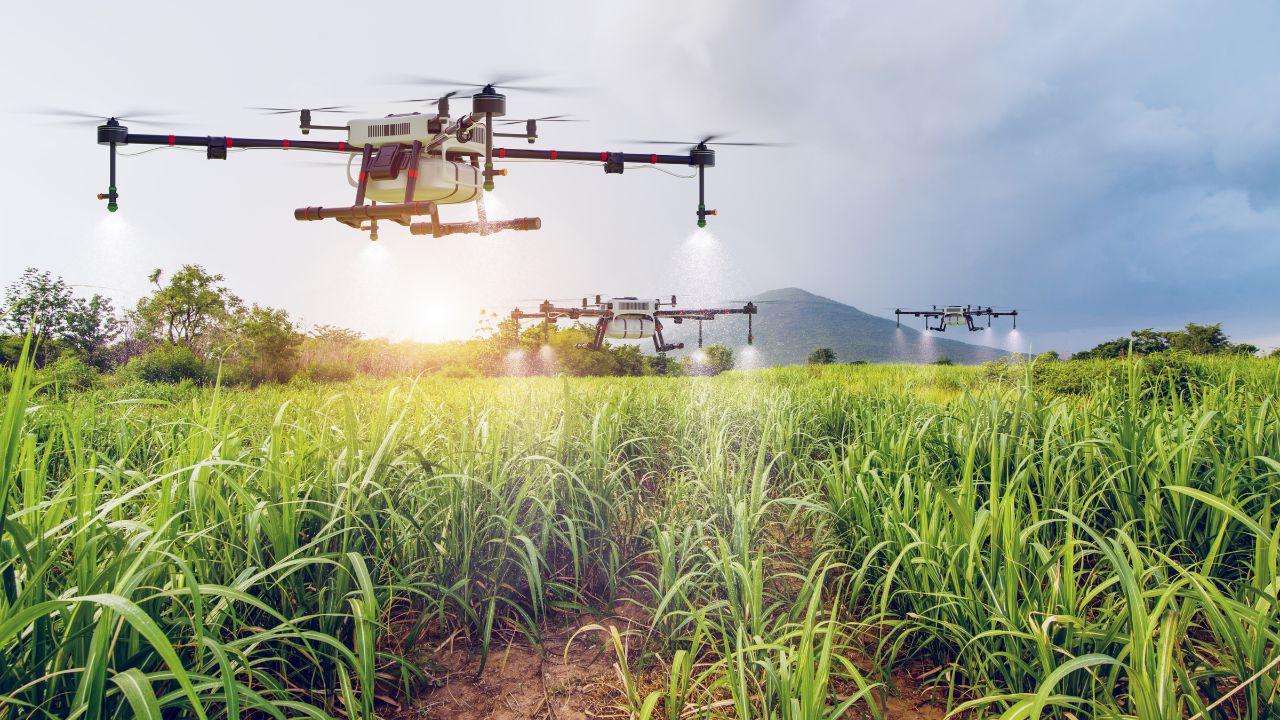
Importance of Drone Technology in Indian Agriculture and Farming Introduction
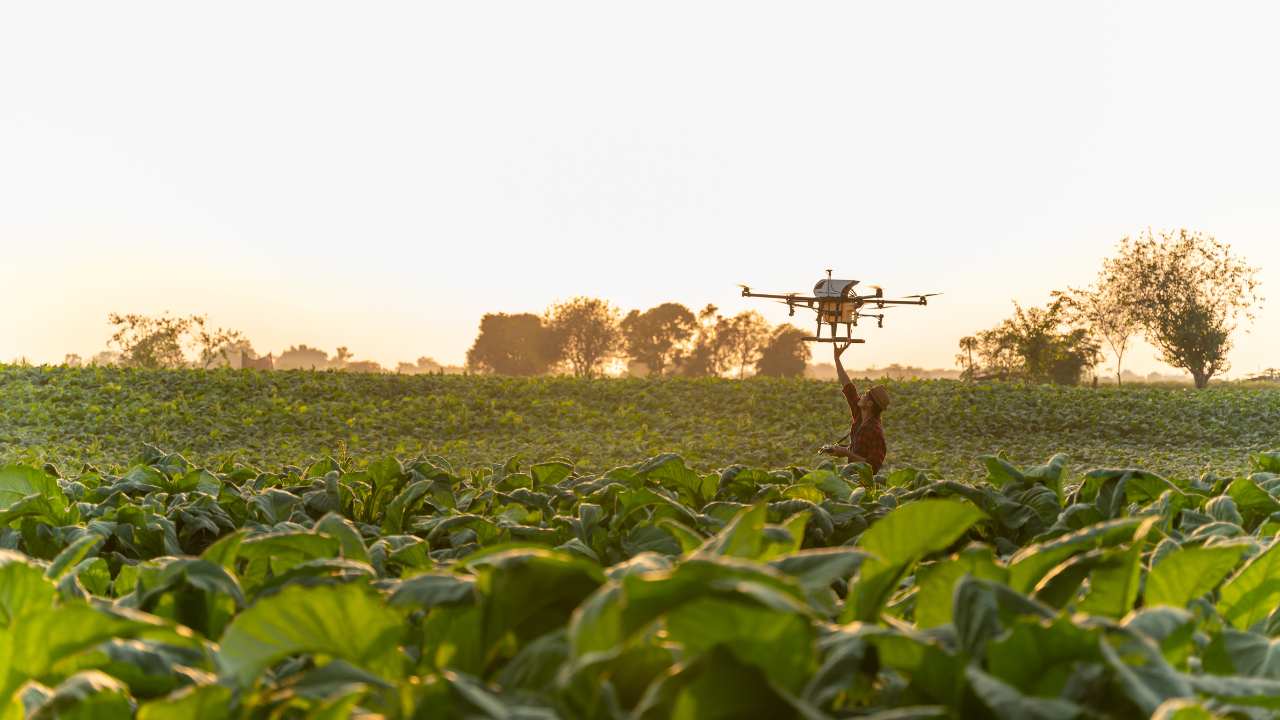
Revolutionizing Indian Agriculture: Krishiviman's Pioneering Drone Technology
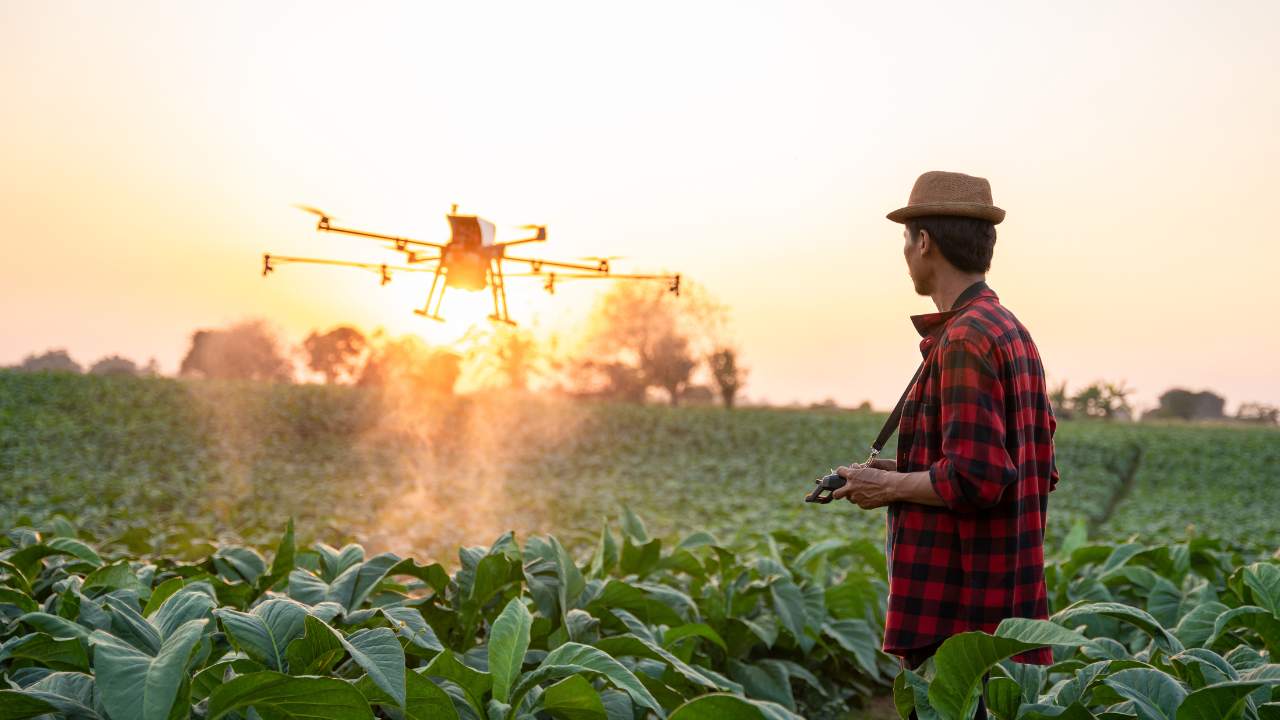
Transforming Farming: How Agricultural Drones are Solving Key Challenges in Agriculture
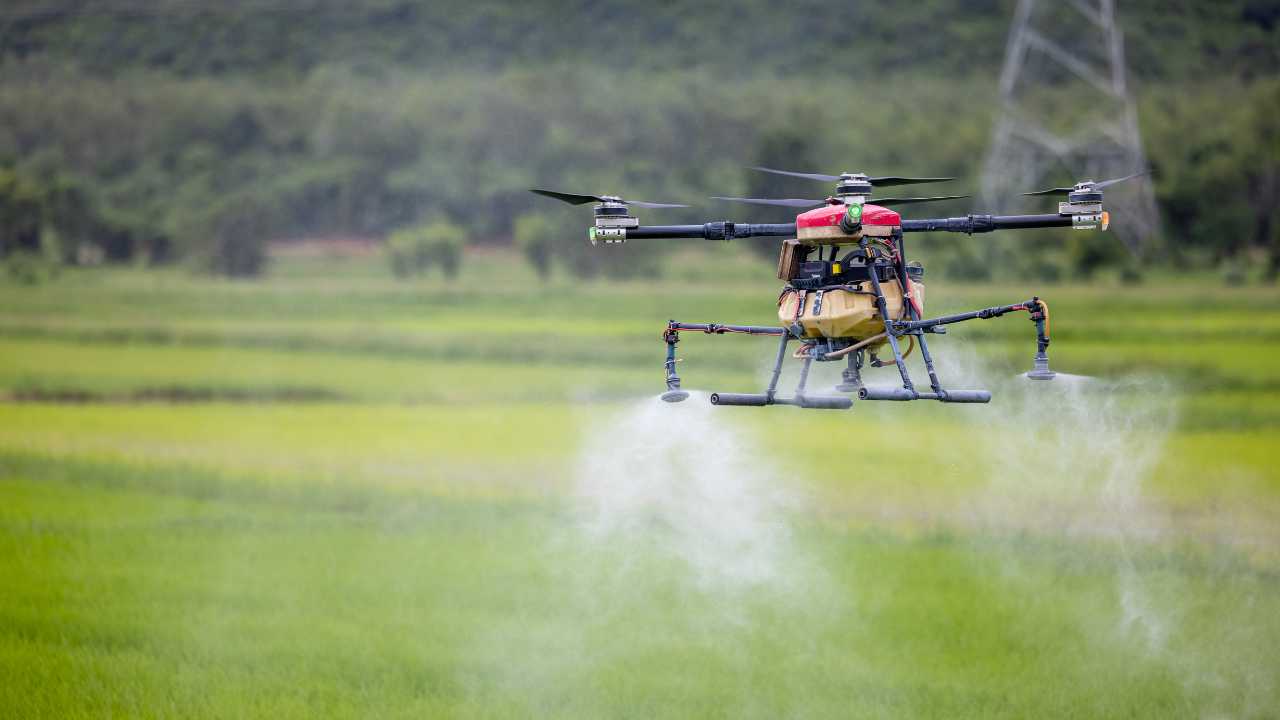
Innovative Uses for Drones in Agriculture
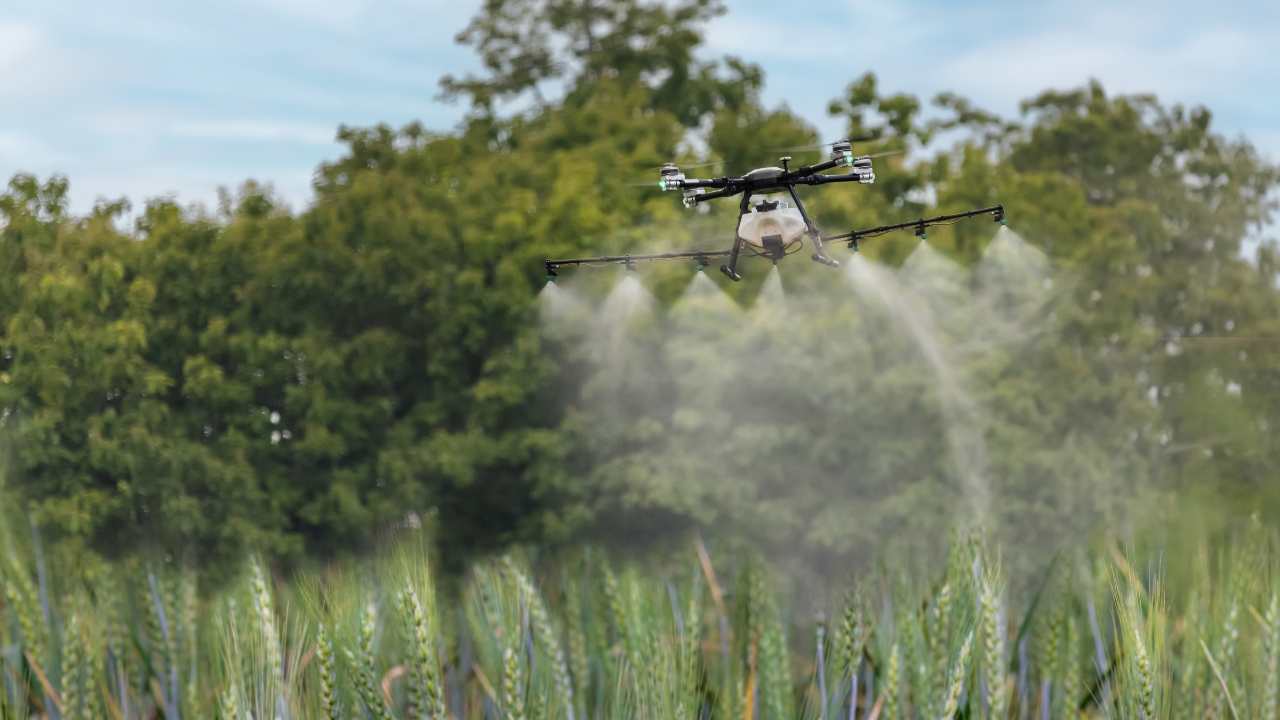
Applications of Drones in Precision Agriculture
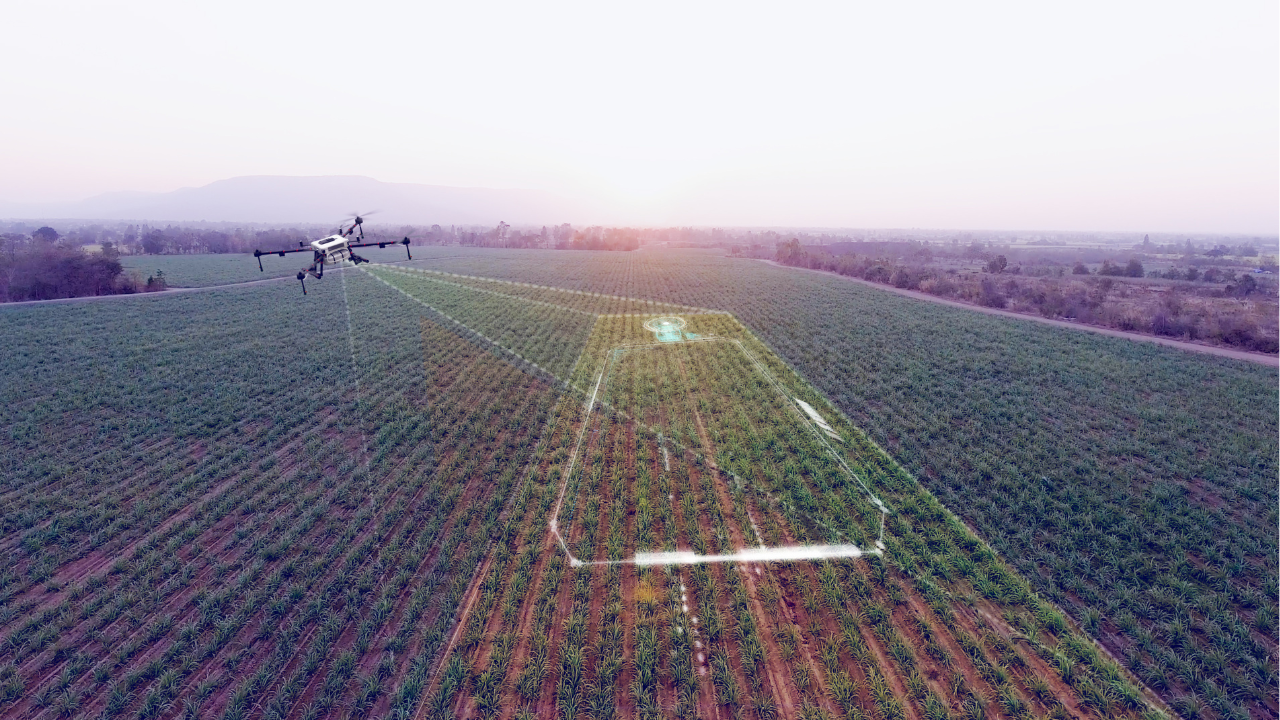
The Transformative Impact of Drones in Indian Agriculture Introduction
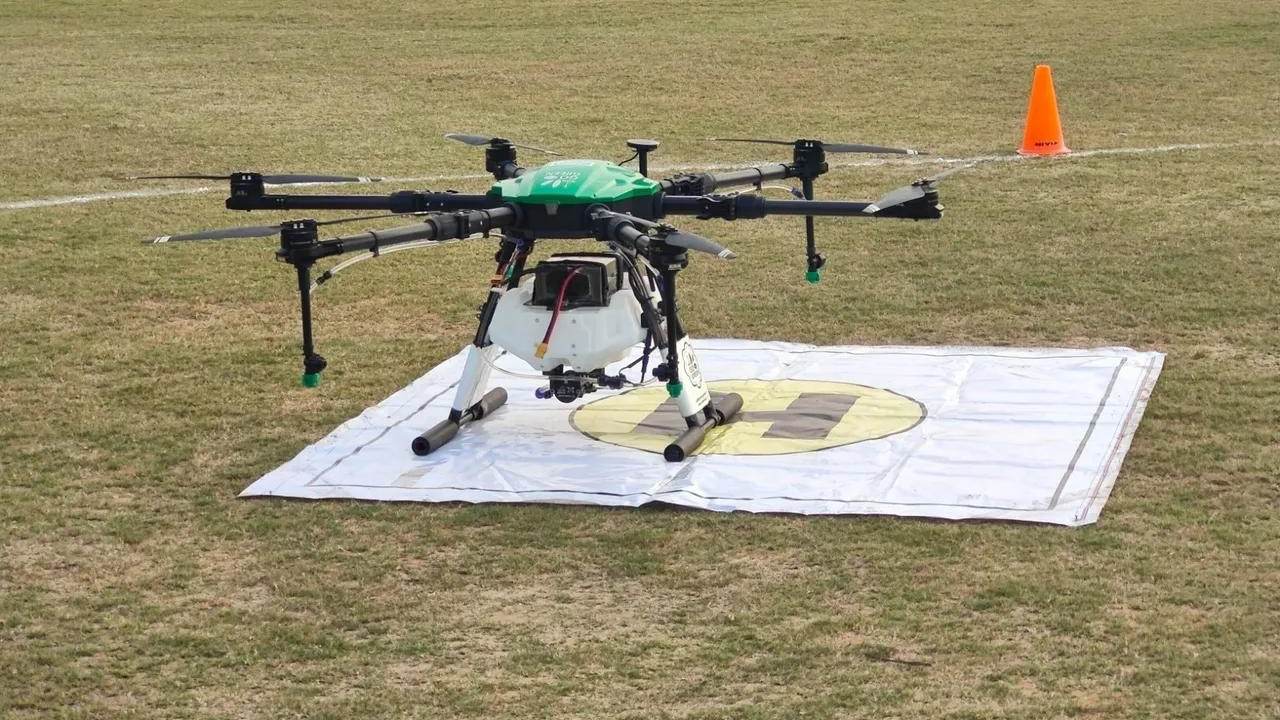
The Revolution of Agriculture Drone Spraying in India: Profitability, Efficiency, and Investment
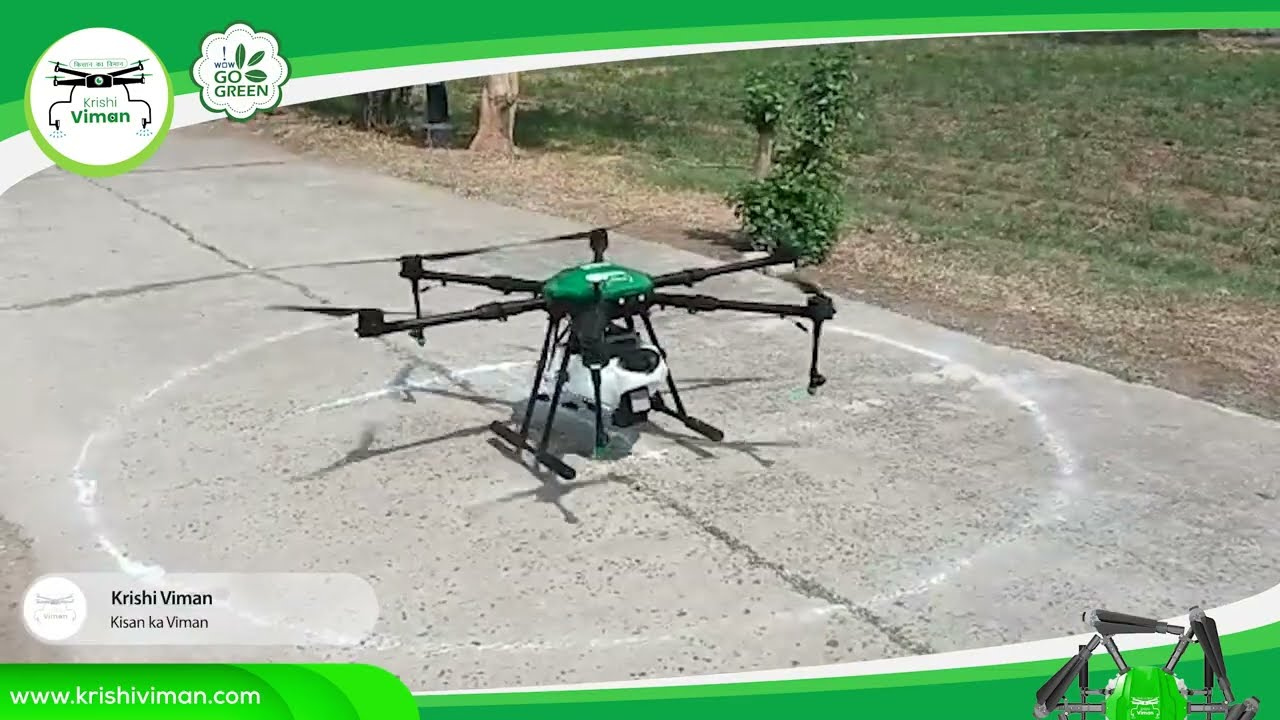
Exploring Cost-Effective Drone Solutions for Indian Agriculture: A Review of Krishiviman.com Offerings
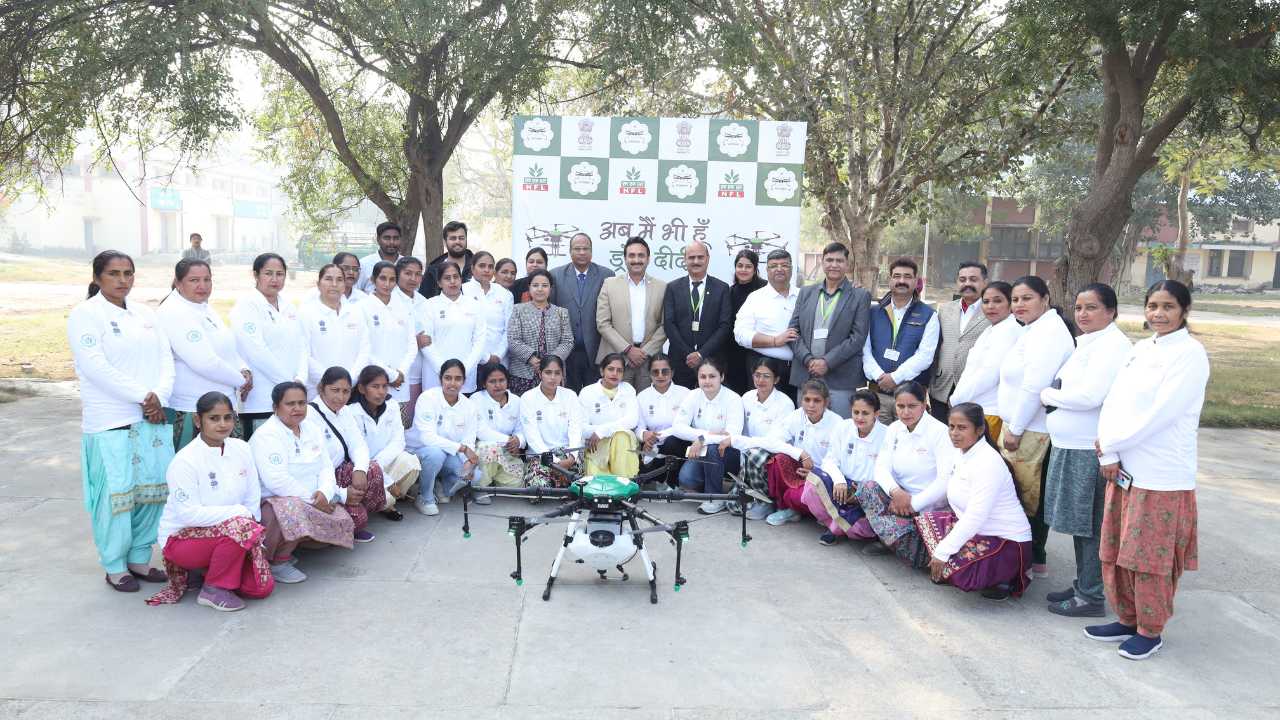
Unleashing Potential: RPTO Drone Training in Indian Agriculture
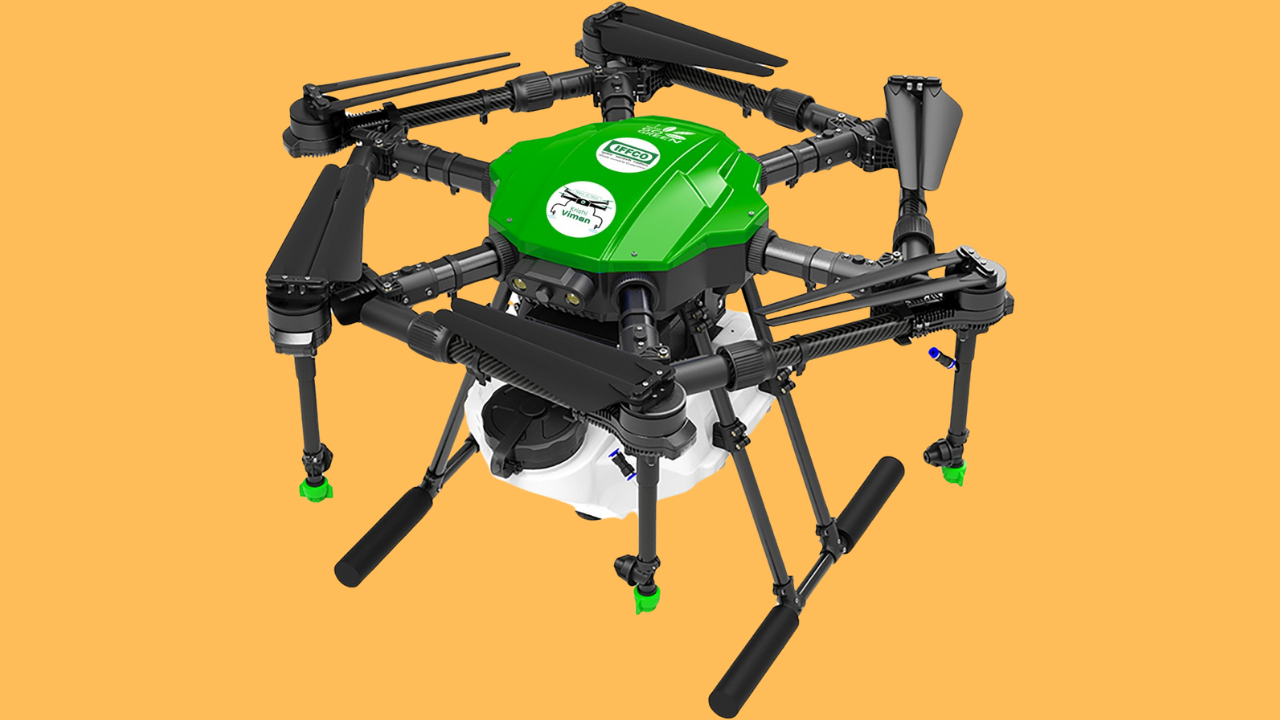
How to Use and Maintain the Agricultural Spraying Drone Battery
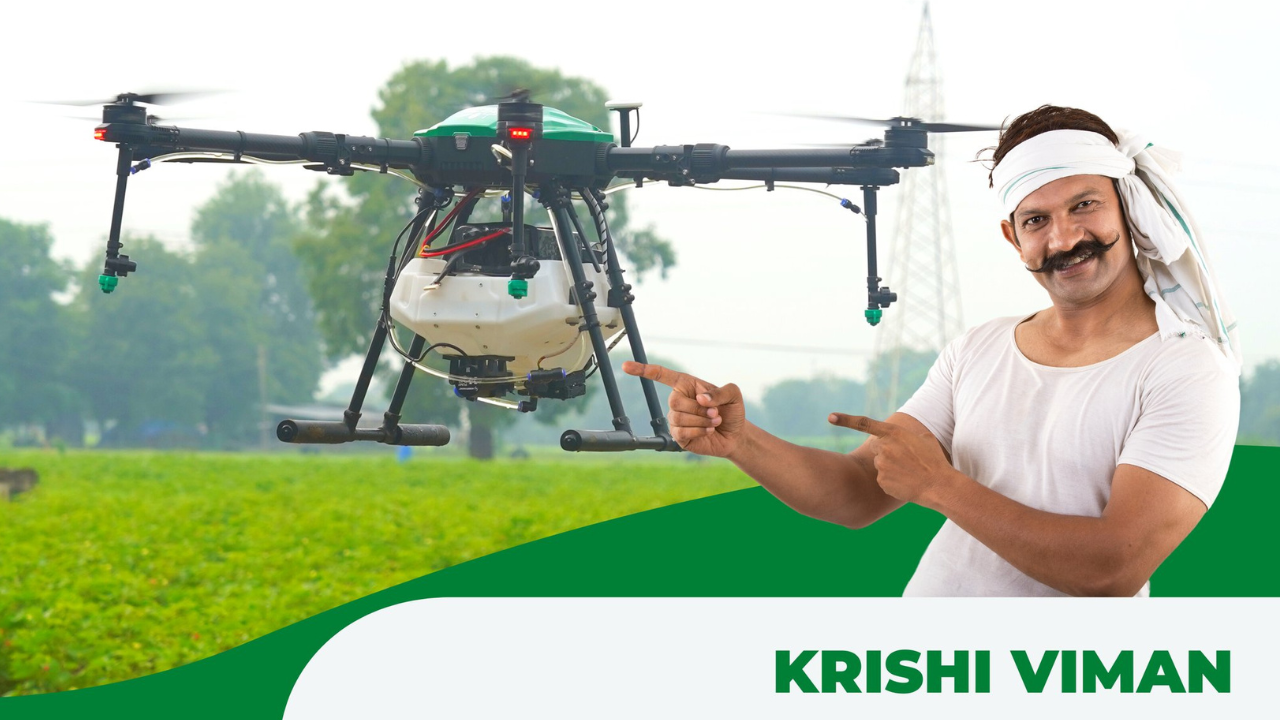
Cost-Benefit Analysis: Is Investing in Agricultural Drones Worth it for Indian Farmers?
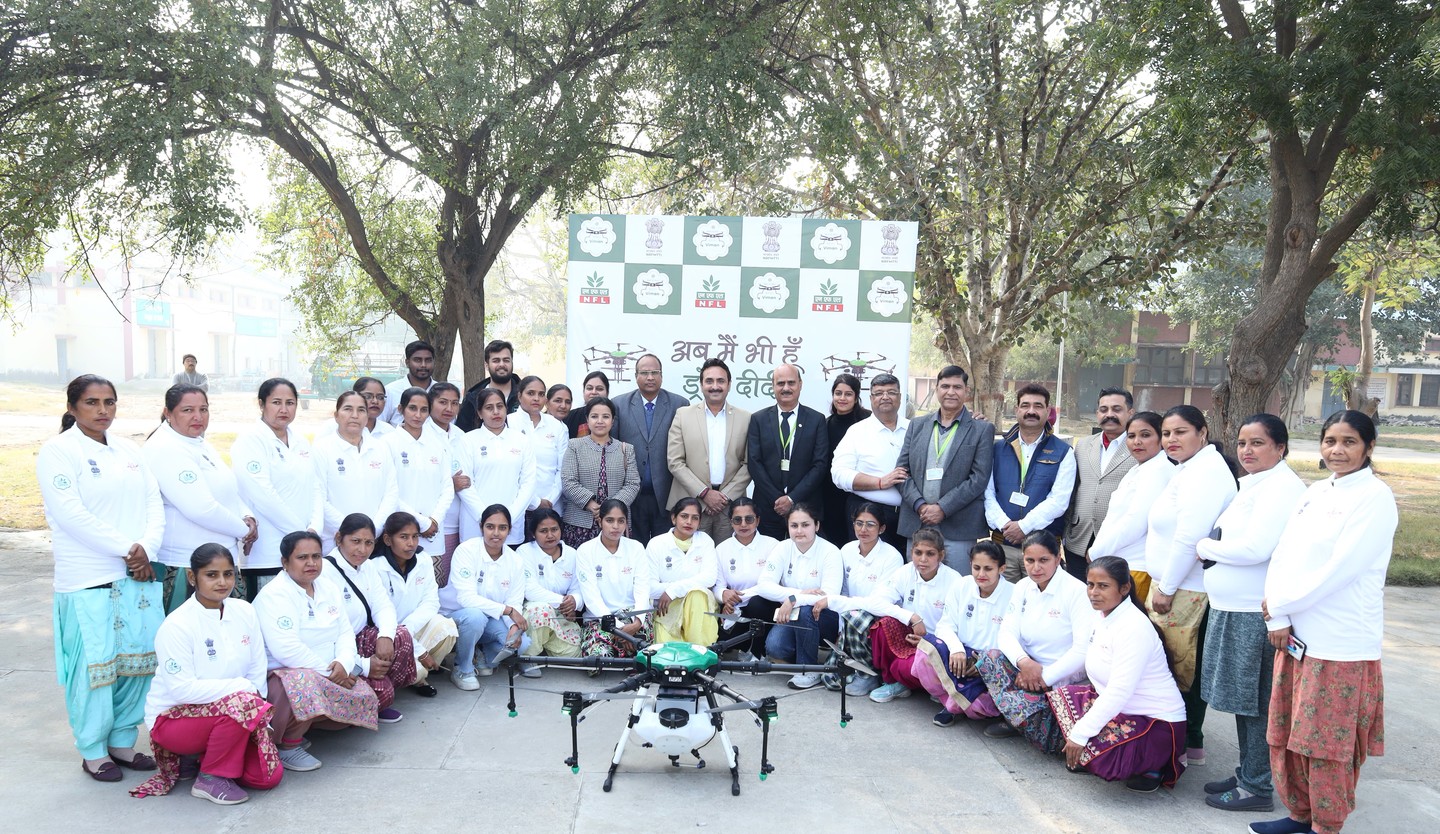
Krishi Viman: Pioneering Women's Empowerment in the Agricultural Drone Segment
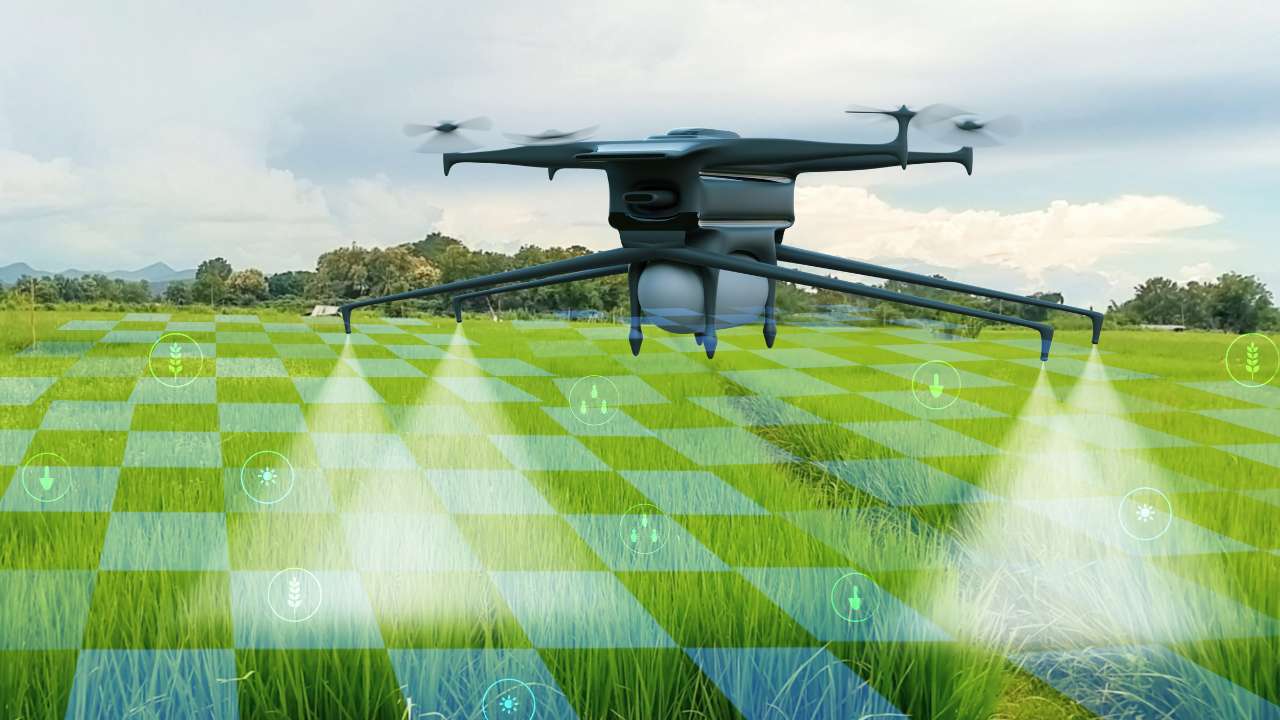
How Krishi Viman are Transforming Indian Agriculture
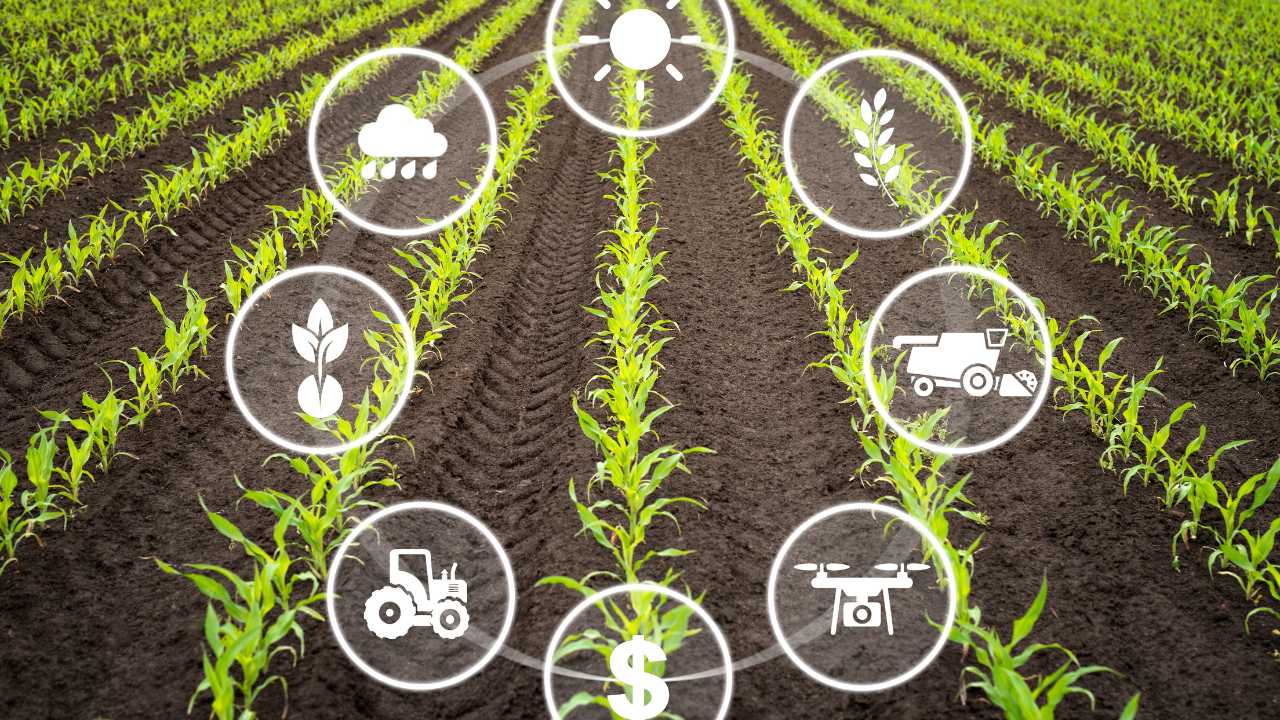
The Future of Flight: What's Next for Agricultural Drones in India?
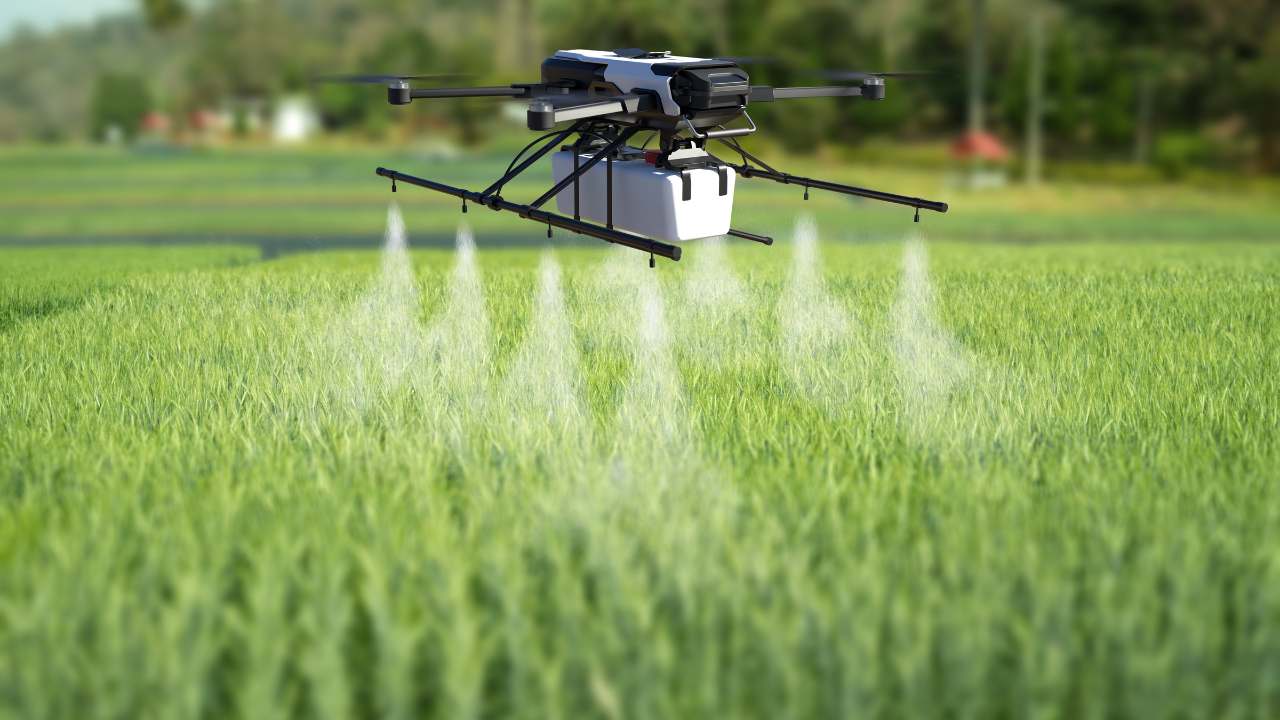
The Potential of Agricultural Drones to Improve Crop Yields and Farmer Livelihoods in India
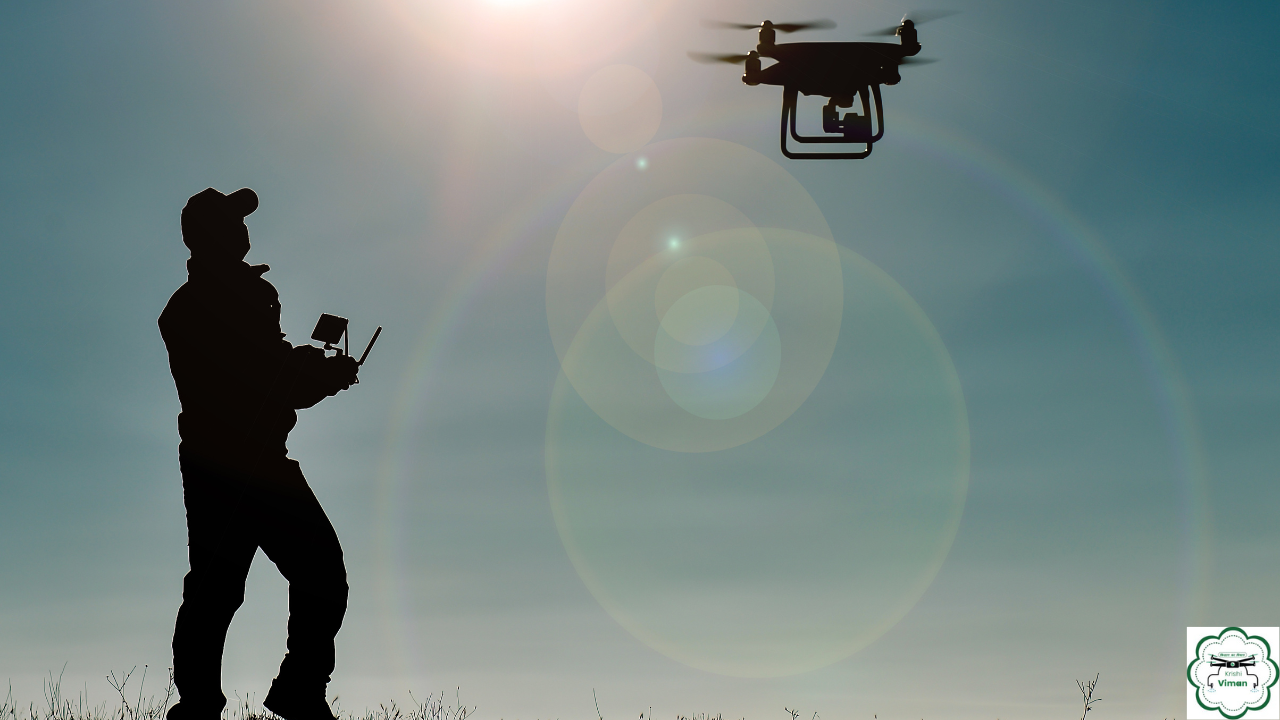
Revolutionizing Farming Practices: The Rise of Agricultural Krishi Viman for Spray Purpose
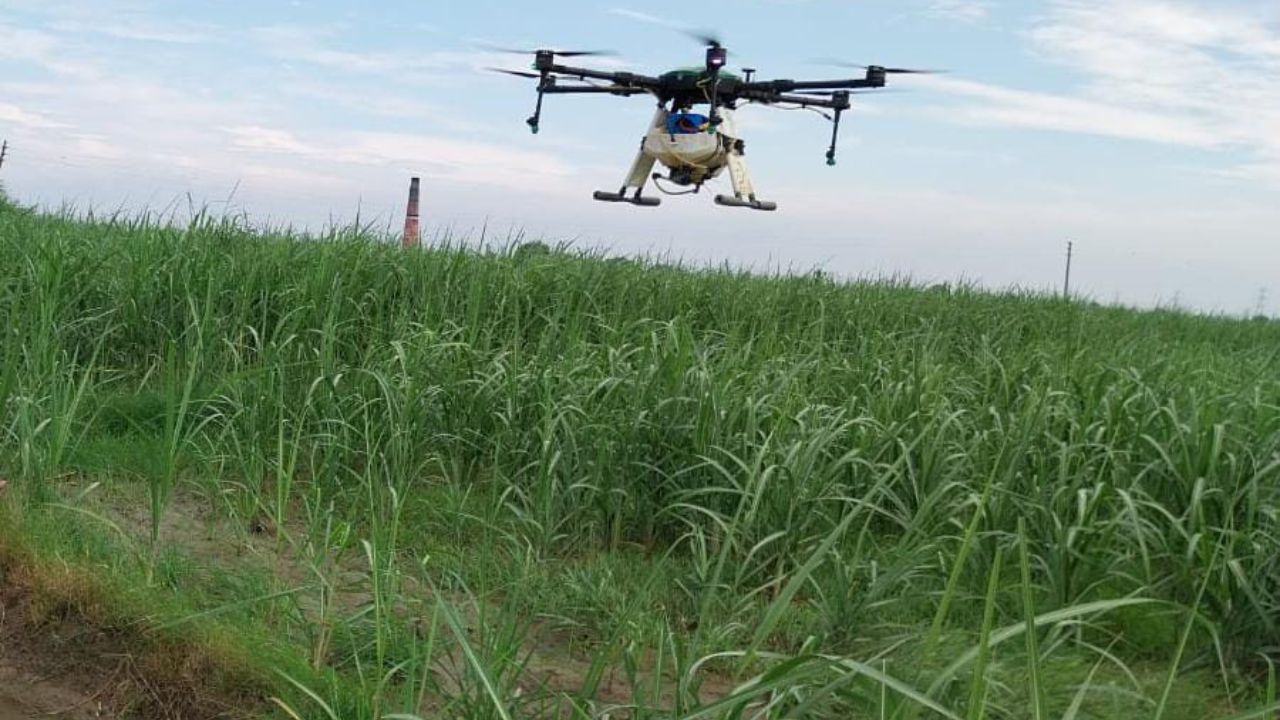
Enhancing Farming Efficiency: Mapping and Surveillance with Agricultural Spraying Drones
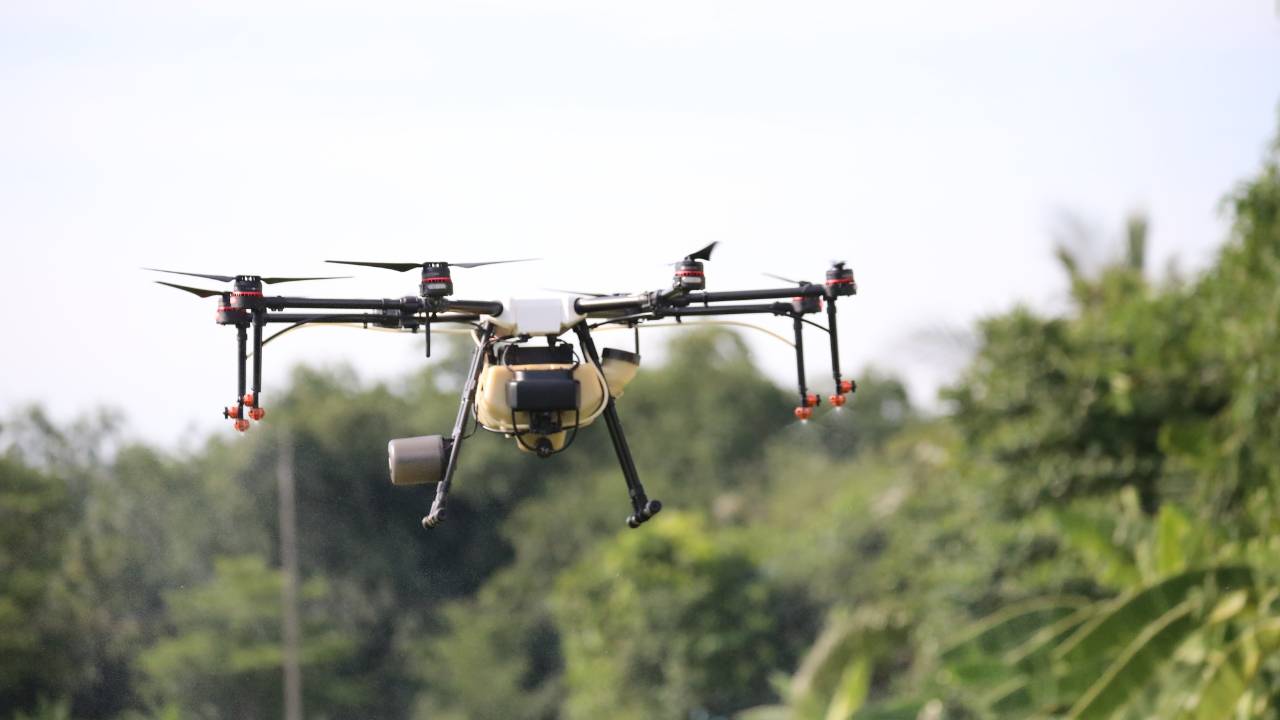
Addressing the Real Concerns of Drone Use in Indian Agriculture
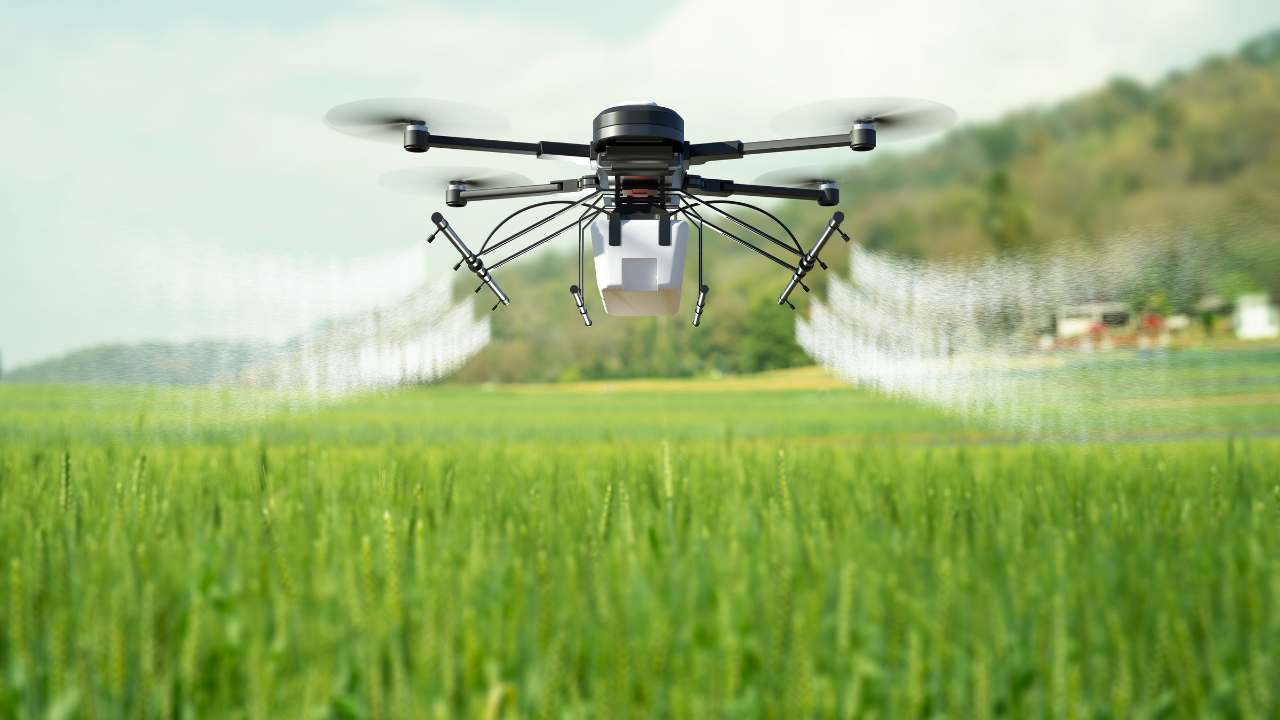
Revolutionizing Agriculture: The Journey of Indian Farmers Embracing Drone Technology
